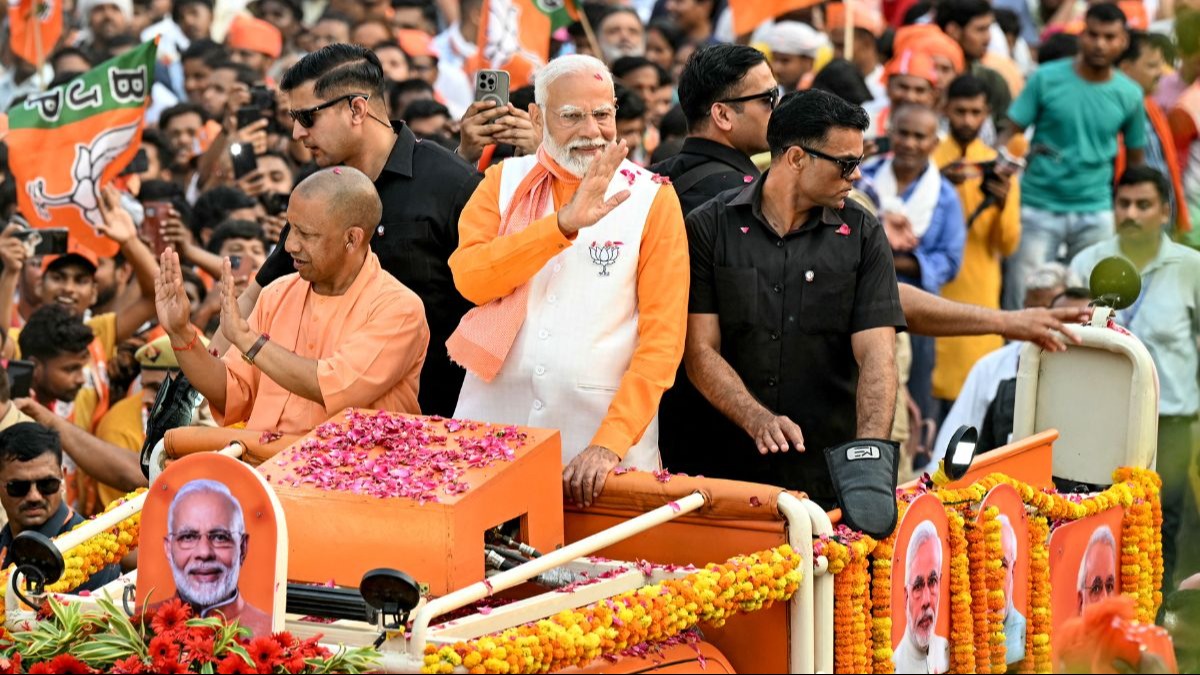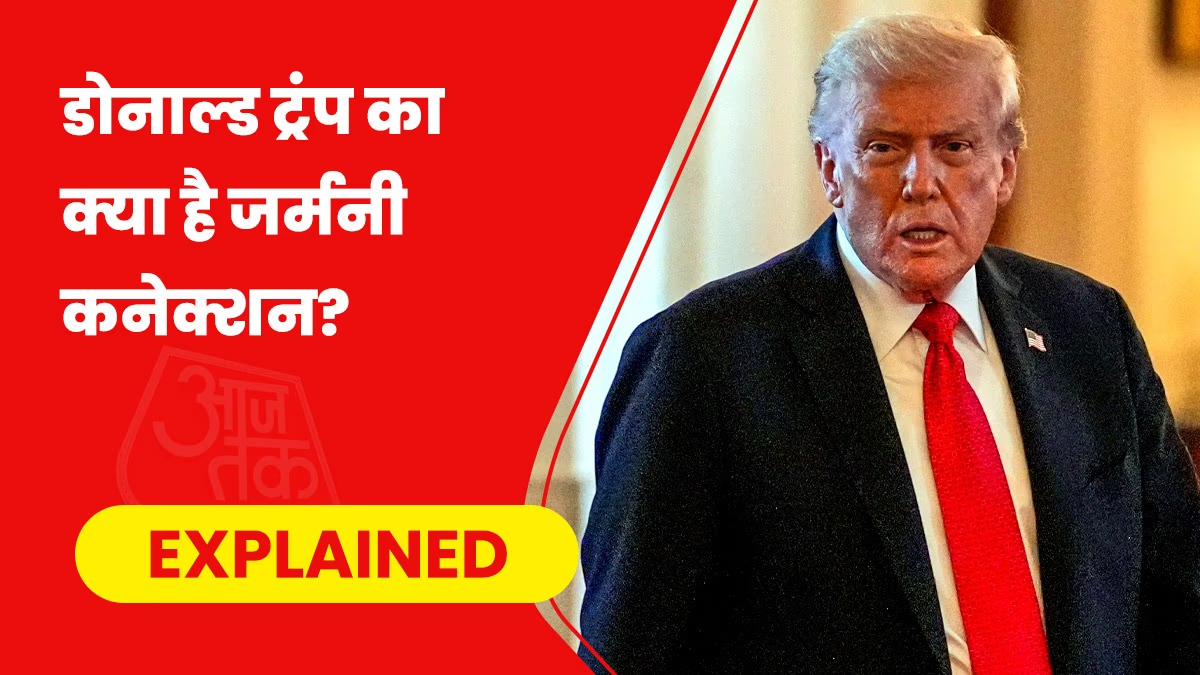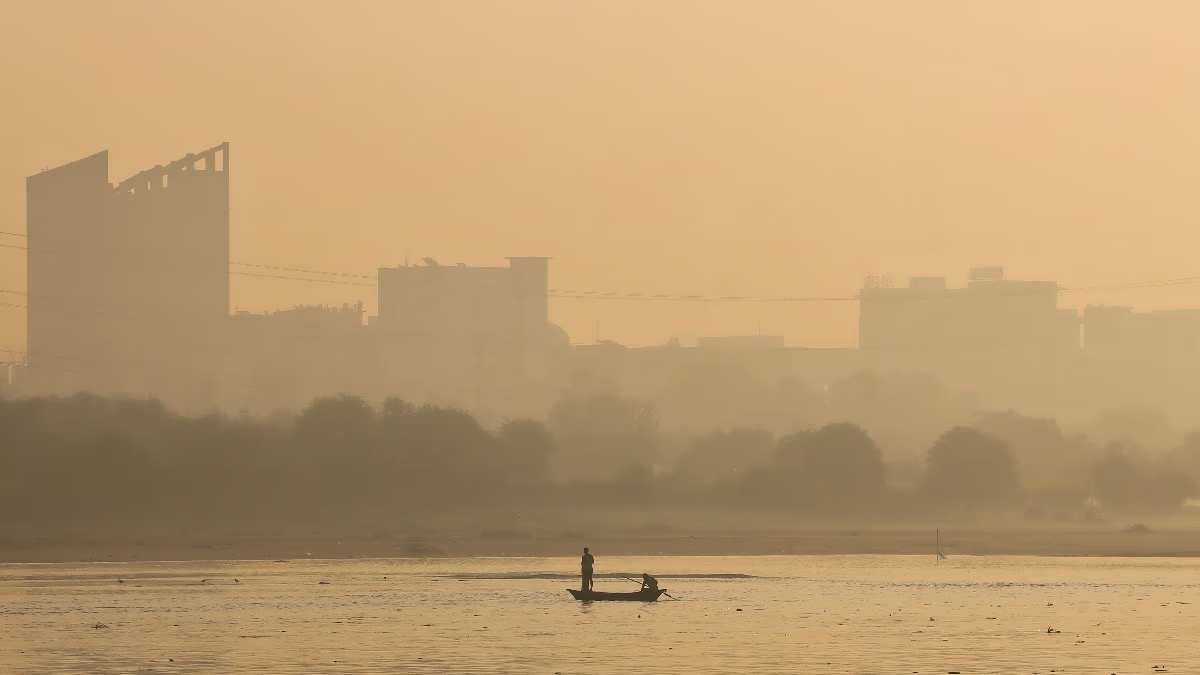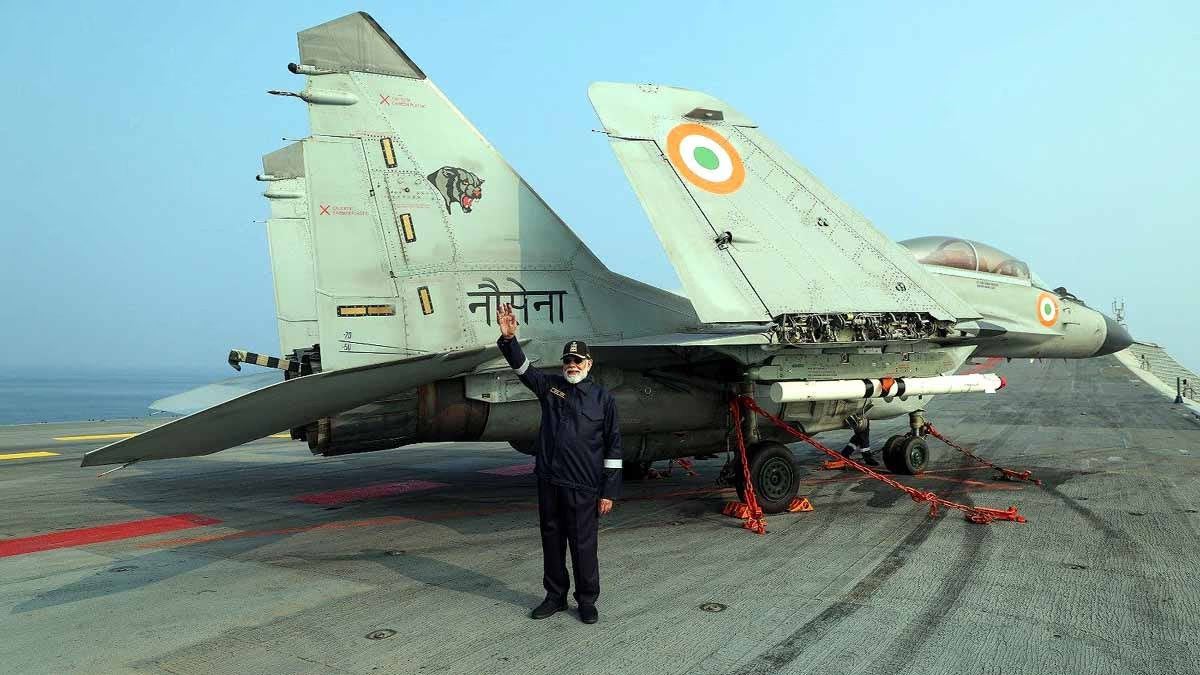In the political arena, the Bharatiya Janata Party (BJP) has upped its game, setting an ambitious goal: 'This time, over 400 seats.'
Prime Minister Narendra Modi explains that the National Democratic Alliance (NDA) has effectively been allied with more than 400 members since 2014, hinting at the strategic support from key regional leaders like Naveen Patnaik and YS Jagan Mohan Reddy at crucial times.
Convinced of its inevitable return to power, the BJP has set an audacious goal of crossing the 400 seat benchmark in the Lok Sabha election. Party strategist Amit Shah routinely sets win targets for the party cadre, ensuring that the entire campaign machinery is geared towards achieving these goals. There have been numerous instances where Shah's directives have led to remarkable electoral victories.
Indeed, in the 2022 Gujarat Assembly elections, Shah set a goal of 150 seats. The party surpassed it by winning 156 out of 182 seats, indicative of the strategy he might apply to the upcoming 2024 general elections, aiming for over 400 seats.
Rahul Gandhi remains skeptical of the BJP's claim, insisting that the party won't cross 150 seats, a point consistently raised in interviews with Prime Minister Modi.
Modi Addresses 'Over 400 Seats' Narrative
During one of seven interviews, questions about BJP's electoral projections and Gandhi's counter claims were posed to Modi. His confident response was that he welcomes the debate on whether BJP will stop just short of their goal, at 398 or 399 seats. Modi suggested revisiting video records from past elections to see the accuracy of his and Gandhi's claims.
Modi subtly mocked Gandhi's past bold statements by highlighting the poor track record of predictions against him, noting Gandhi's decision to not contest elections and opting for a Rajya Sabha membership instead.
In another interview, discussing the 'over 400' claim, Modi stressed that the BJP doesn't just bank on conjecture but has a clear election strategy.
With ample confidence, Modi elaborated that he has almost covered all states with his campaign, sensing a strong wave in favor of BJP and projecting an easy win of 'over 400 seats' by the public.
Contrarily, the opposition paints BJP's claim as a threat to voters, suggesting a sweeping victory might lead to constitutional amendments and reservation cancellations, stoking fears particularly among the lower socio-economic classes.
Rahul Gandhi warns that the Constitution guarantees rights to the tribes, Dalits, and backward classes, which could be in jeopardy if BJP regains power.
On the flip side, BJP leaders counter that if the opposition alliance leads, they may allocate reservations predominantly to Muslims, stirring fear among voters with hyperbolic claims.
Amidst this tug-of-war between BJP and Congress, voters are being pulled in a battle of scare tactics.
In a politically charged landscape, BJP's cheer 'over 400' echoes across the nation, with Amit Shah asserting that these electoral goals are well within reach.
The road to 'over 400' is not without its potential roadblocks. Political landscapes in states like Andhra Pradesh, Odisha, Punjab, Delhi, Rajasthan, Haryana, Bihar, Maharashtra, and UP, present intricate challenges that BJP must navigate to secure its ambitious goal.
In the grand chessboard of Indian politics, it's regional parties that pose the most formidable challenge to BJP's aspirations, not Congress. Their influence could significantly sway the outcome, deciding if BJP's 'over 400' battle cry becomes a self-fulfilling prophecy or a hollow echo.




